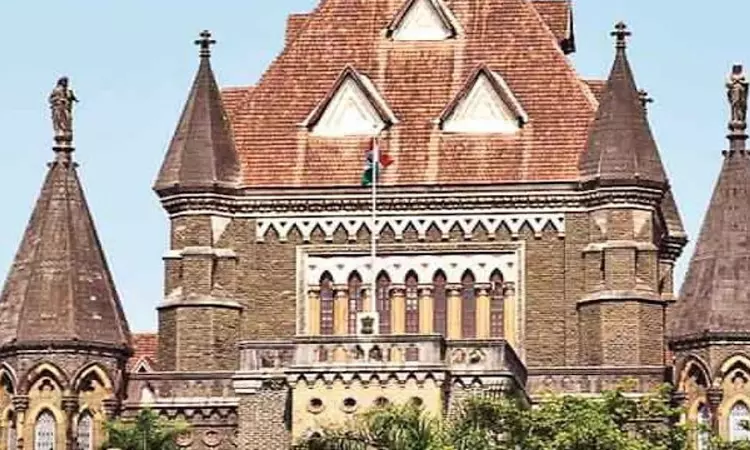The Bombay High Court has directed the sales tax department to refund Rs. 10.70 crore. The bench of Justice K. R. Shriram and Justice Jitendra Jain has observed that, on reading Section 11 of the Settlement Scheme, the defect notice is issued when there is a shortfall in making the payment and not when an applicant has paid the correct amount. The bench noted that the amount payable was...

